Years of negotiations — few results
Russian propaganda presented Vladimir Putin's trip to China for the Shanghai Cooperation Organisation summit as perhaps the most important economic and political event of the year. But behind the grandiose words lay very modest results. Moscow and Beijing did indeed sign two dozen documents, but none of them can be called a breakthrough in the ‘strategic friendship’ between these countries.
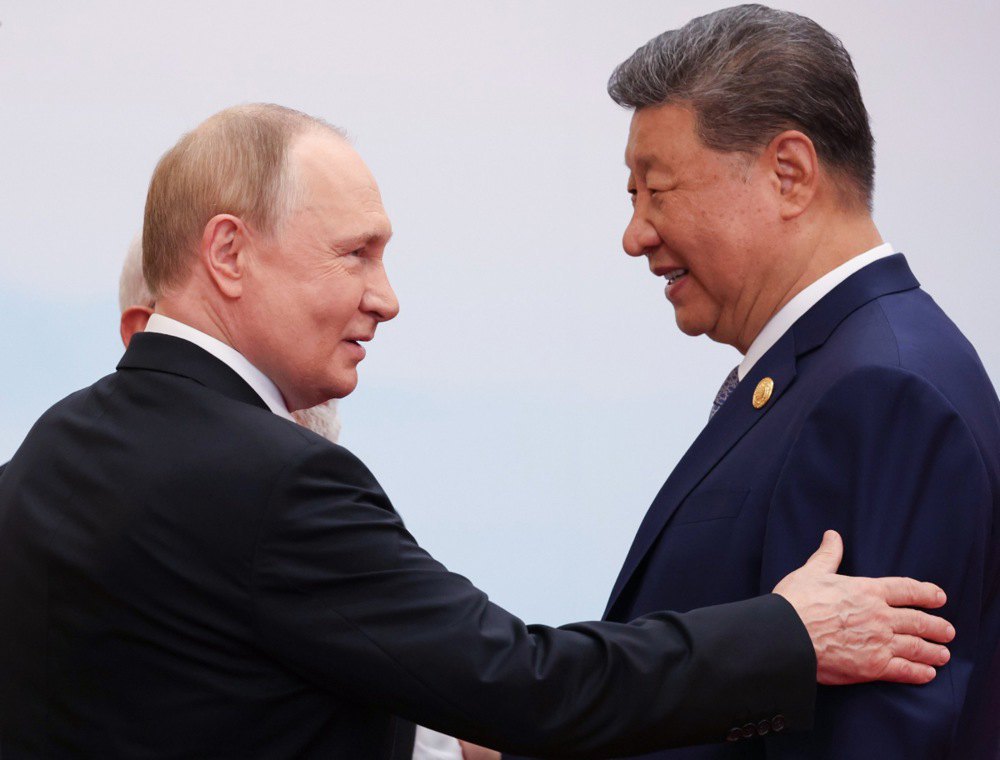
The Kremlin considers the signing of a memorandum on the construction of a new gas pipeline, Power of Siberia 2, which would allow approximately 50 billion cubic metres of Russian gas to be supplied to China annually, to be the most important economic outcome of this visit. The pipeline would stretch for several thousand kilometres and connect Siberian gas fields with north-western China.
Power of Siberia 2 is an old project that was first discussed in the Kremlin in the early 2000s. Since 2006, when Putin presented it in China, nothing has happened beyond words.
Chinese propaganda has reported cautiously on a new energy memorandum with the Russians. The document was signed by Gazprom and China's most powerful oil and gas company, CNPC. The memorandum does not contain any specifics: how long the construction will take, and the Russian government cannot even name the exact cost of the project.
‘Neither the Chinese nor the Mongolian sides wanted to participate in financing the construction. They did not object to the project and simply shifted everything to Russia. That is, they did not take on any obligations,’ explains Gennadiy Ryabtsev, an energy industry expert at the Psychea Scientific and Technical Centre.
Gazprom will not be able to finance the construction of Power of Siberia 2 on its own, as it is going through what is probably the worst period since its creation. Last year, the former gas monopoly suffered losses of more than $13 billion. In March, Gazprom underwent a major restructuring: it closed most of its foreign offices and planned to lay off 40% of its management staff.
The news of the energy memorandum between Russia and China backfired on Moscow. Following statements by Russian officials, Gazprom's shares fell by another 3%.
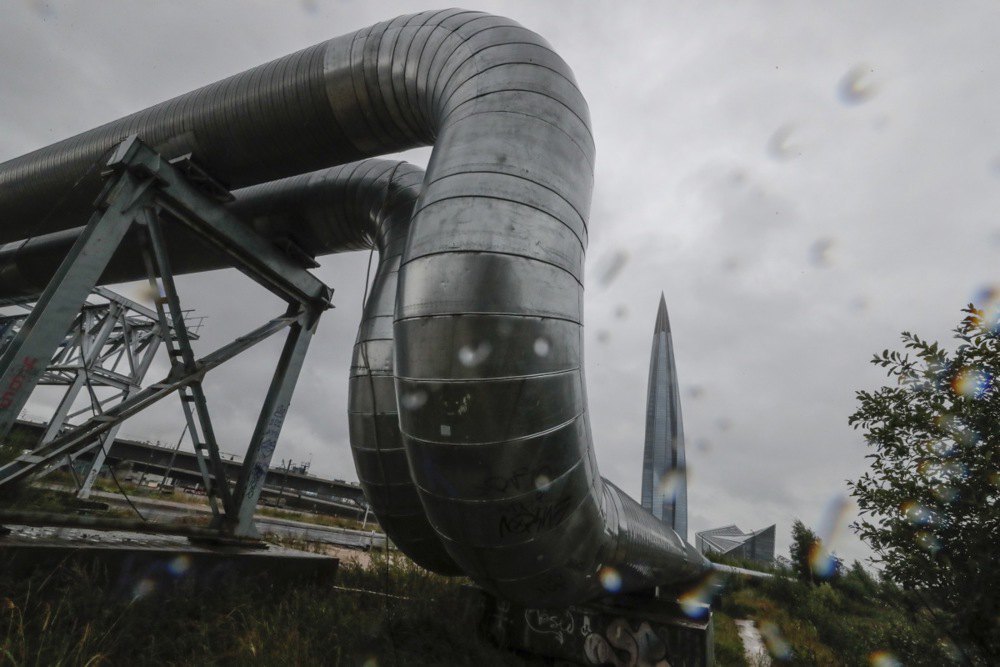
The construction of a new gas pipeline from Russia to China could cost approximately $20 billion. Gazprom cannot afford such an amount, so the money has to be found in the Russian state budget. There are no other options, as private investors are unwilling to participate in such an expensive and risky project.
‘This is an impossible dream for Russia. It would like to sell more gas and make money from China. But Beijing has a different approach and wants to diversify its sources of supply so as not to become dependent on a single supplier,’ says Dmytro Yefremov, an expert at the Ukrainian Association of Sinologists.
Mongolia, through whose territory almost a thousand kilometres of gas pipeline would have to be laid, is also not showing much interest. On the one hand, the country has not included this project in its national development plan until 2028. But on the other hand, it is economically very dependent on both Russia and China, so construction will certainly not be slowed down.
Last September, Putin flew to Mongolia, where they discussed the new gas pipeline. The country's authorities even refused to execute the International Criminal Court's arrest warrant for the Russian dictator.
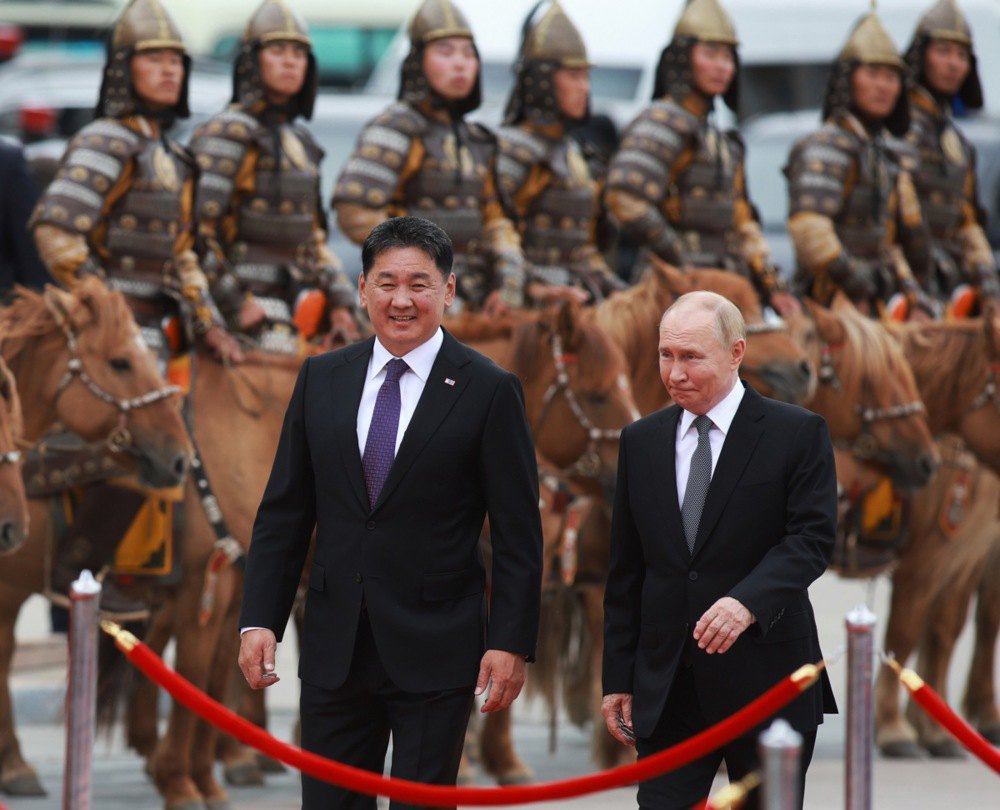
‘They may somehow negotiate with Russia on the transit tariff for gas. Mongolia is geographically sandwiched between Russia and China. They are interested in this transit. I don't think this country will set any special conditions,’ says Mykhaylo Honchar, an expert on international energy and security relations.
In addition to the memorandum on the construction of a new pipeline, the Russians and Chinese have agreed to pump more gas through old routes. The Russian Federation plans to sell an additional 8 billion cubic metres to China. Compared to the loss of the European market, this is a pittance that will not help improve Gazprom's financial situation.
But the current fuel supply routes to China are not connected to the largest Russian fields, which previously supplied Europe. This means that the Russians will not be able to physically switch them to pumping gas to their Chinese partners, explains Mykhaylo Honchar.
Russia and China have different energy interests
Initially, Moscow expected that the Power of Siberia 2 pipeline would help raise the price of Russian gas. The Kremlin believed that the construction of the new route would provoke competition for fuel between China and the EU, but this plan failed spectacularly after 2022. Russia was pushed out of the European market, where Gazprom sold more than 140 billion cubic metres. Now Moscow is trying to find alternative sales routes, but in reality there are none.
China is negotiating with Russia from a position of strength and setting strict conditions. The most important one is that Beijing wants to buy gas at domestic Russian prices. This is certainly beneficial for China, but unprofitable for Russia. Because of this, negotiations on the construction of Power of Siberia 2 have so far ended in nothing. And there are no signs that this time the Chinese are ready to make concessions to the Russians.
At the same time, Russia is a major supplier of gas to China. The design capacity of the existing gas pipelines is 40-50 billion cubic metres per year. However, actual supplies are lower because Beijing does not agree to fill the pipeline to capacity. The price of Russian gas for China is about a third lower than for other buyers.

‘For Russia, the main thing is not to shut down the wells. Because then it will be very expensive and difficult to restart them,’ explains Vadym Chernysh, chairman of the governing board of the Centre for Security Studies (CENSS).
China does not currently need large additional volumes of Russian gas. Firstly, Beijing is developing its own domestic production. In August, Sinopec, one of China's largest energy companies, announced the discovery of a new field. Its proven reserves exceed 100 billion cubic metres.
Secondly, China's energy policy does not allow it to become dependent on any single resource supplier. Therefore, Beijing tries to buy gas from different sellers. The Chinese authorities have been relying on supplies from the Middle East. In particular, Beijing is actively cooperating with the Iranian regime. However, the unstable situation in this region is forcing it to look for new sellers. However, this does not mean that China is ready to enter into closer energy cooperation with Russia.
‘Russian gas is not critically important for China, as it actively imports LNG from Australia and Qatar. For example, last year China purchased about 120 billion cubic metres of gas, of which only up to 20% came from Russia,’ notes energy industry expert Maxym Bilyavskyy.
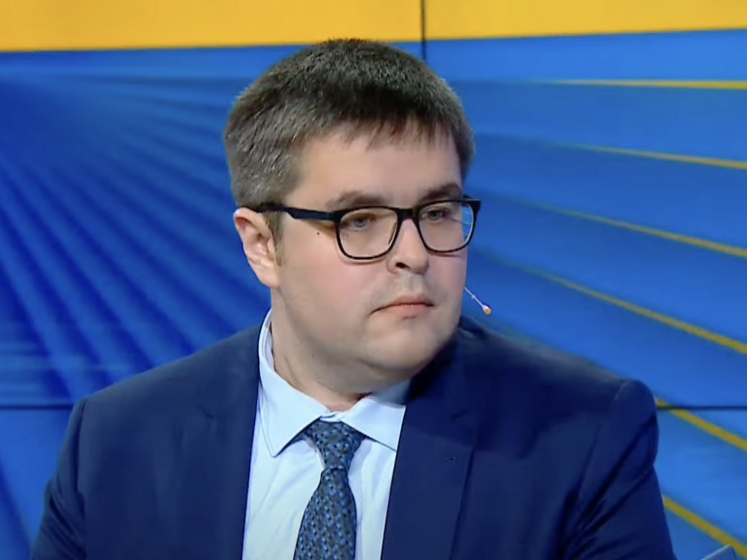
Thirdly, Beijing is trying to reduce gas consumption in the energy sector and is placing a significant emphasis on renewable sources. According to the International Energy Agency, half of the world's new renewable energy capacity was built in China last year.
In general, Russia has promised to increase gas sales to China to over 110 billion cubic metres per year. This poses a significant problem for Moscow: where to get such volumes of fuel? Gazprom does not have enough, and the capacity of the fields from which supplies are planned is half as much. Several Russian regions also rely on this production. Therefore, the Russians will not be able to export everything.
"The Chinese have a very simple policy: if you want to build, no problem, but do it at your own expense. And we will tell you at what price we will buy and in what volumes. In other words, the Chinese are completely independent of Russian gas. And the Russians want to make money, and that's where their problems began," says Volodymyr Omelchenko, director of energy programmes at the Razumkov Centre.
Sharp drop in Russian revenues
Gas has long ceased to be Russia's most profitable commodity. Moscow earns much more from oil, but since spring the situation for Russia has deteriorated. For example, in August, Russia's oil revenues fell by as much as 35%.
At the same time, Russia still managed to earn a significant amount — more than 500 billion roubles, according to a report by the Russian Ministry of Finance. In the first half of the year, all Russian oil companies complained of a two- to three-fold drop in profits. The main reasons were the effectiveness of anti-Russian sanctions and the fall in oil prices.
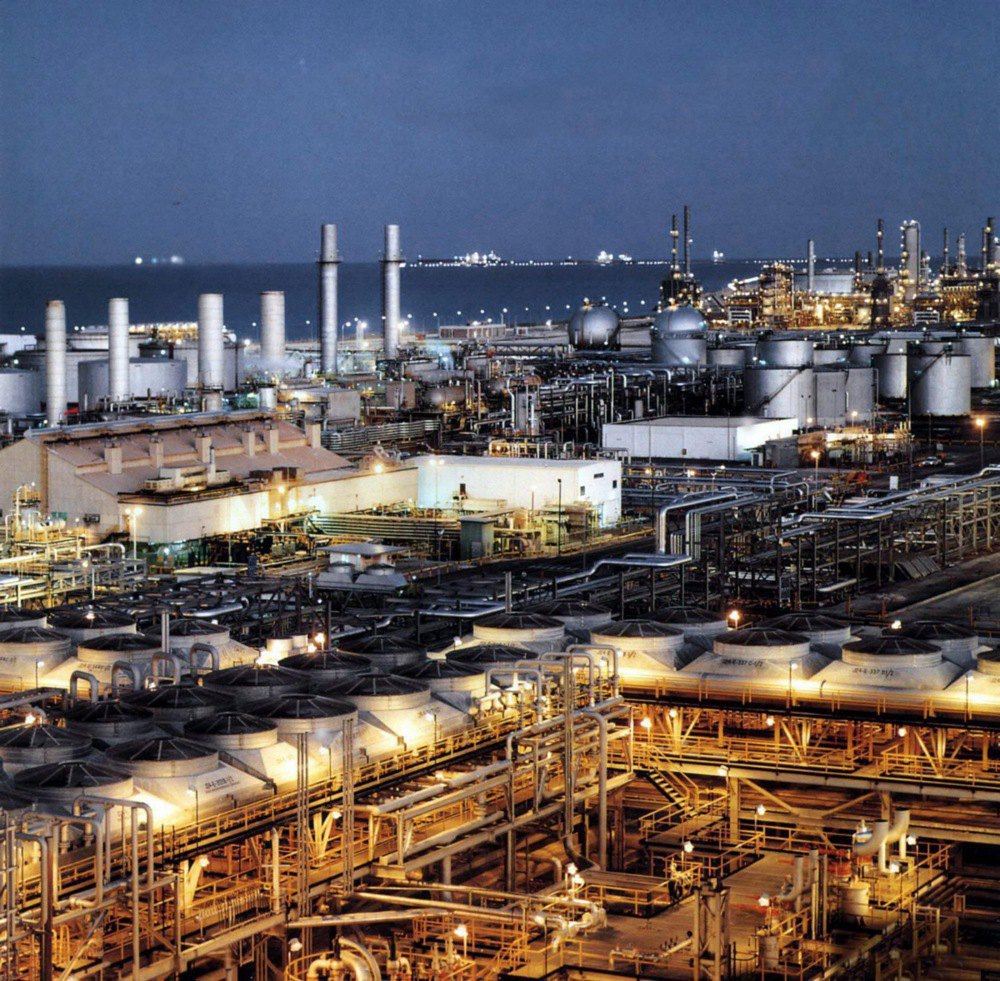
OPEC countries continue to increase production, which negatively affects Russia and its revenues. Moscow has already made two amendments to the federal budget this year, and it is possible that it will have to do so again in the autumn.
Since the beginning of September, the Russian Federation has had additional problems: a new price cap on Russian oil has come into effect — this is one of the restrictions of the 18th package of sanctions imposed by the European Union. Now Brussels will ensure that oil from the Russian Federation is sold at no more than $47.6 per barrel.
However, the US has not joined the new restrictions against Russia. At the same time, US President Donald Trump has called on European leaders to stop buying energy resources from Russia.
‘The Russians are not interested in new expensive projects. Gazprom's market capitalisation is now equivalent to that of Chinese toy manufacturer Labubu, so Russia will not be able to afford any “Siberian Power” projects. Or they will have to sharply raise gas prices for the population,’ says Gennadiy Ryabtsev.
The construction of a new gas pipeline stretching over 3,000 kilometres could take 5-7 years, according to analysts at the Razumkov Centre. And the budget for such a pipeline, given previous similar projects in Russia, could increase significantly.








